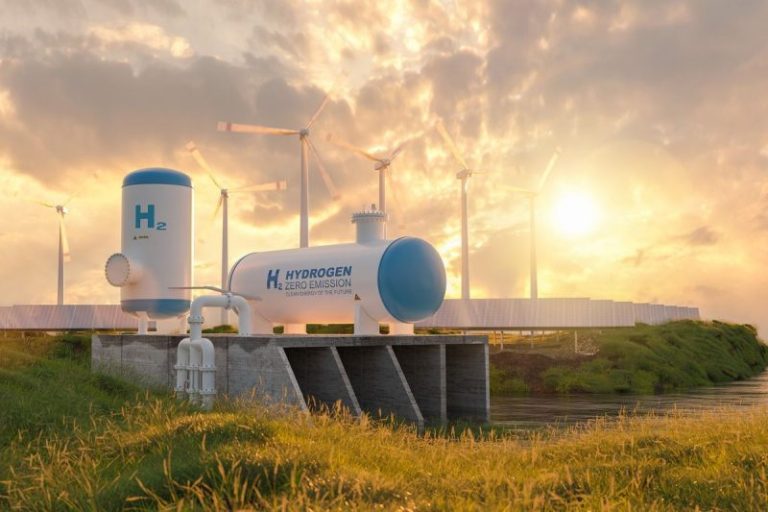As technological advancements continue to shape the energy landscape, the potential of hydrogen as a clean energy source has drawn significant attention. Investors are now pondering whether it is a good time to invest in hydrogen, a question that warrants a thorough analysis.
Hydrogen is often touted as a versatile and environmentally friendly energy carrier that could play a pivotal role in the transition to a low-carbon economy. Its applications span across various sectors, from transportation and energy storage to industrial processes and heating systems. As governments worldwide commit to reducing carbon emissions and achieving net-zero targets, the demand for clean energy solutions like hydrogen is expected to rise.
One of the key drivers behind the current interest in hydrogen is the rapid growth of renewable energy sources, particularly solar and wind power. These intermittent energy sources require effective storage solutions to ensure a stable and reliable energy supply. Hydrogen, when produced through electrolysis using excess renewable electricity, can serve as a crucial energy storage medium, allowing for the efficient utilization of renewable energy and grid balancing.
Moreover, the decarbonization of sectors such as heavy industry, aviation, and shipping, which are challenging to electrify directly, presents a significant opportunity for hydrogen utilization. By replacing fossil fuels with hydrogen in these sectors, carbon emissions can be substantially reduced, contributing to global efforts to combat climate change.
However, despite its potential, the widespread adoption of hydrogen faces several challenges that investors should consider. One of the primary obstacles is the high cost of producing hydrogen through electrolysis, which relies heavily on renewable electricity prices and infrastructure development. Without significant advancements in technology and cost reduction measures, the competitiveness of hydrogen as an energy carrier may be limited.
Furthermore, the establishment of a robust hydrogen infrastructure, including production, storage, transportation, and distribution facilities, requires substantial investments and regulatory support. Governments play a crucial role in incentivizing the development of hydrogen infrastructure through policies, subsidies, and market mechanisms to create a conducive environment for investment and deployment.
Another consideration for investors is the scalability of hydrogen technologies. While pilot projects and demonstrations have showcased the technical feasibility of hydrogen applications, achieving commercial scale and cost-effectiveness remains a challenge. Long-term investments in research and development are essential to drive innovation and improve the efficiency of hydrogen technologies.
In conclusion, the question of whether now is a good time to invest in hydrogen is complex and multifaceted. While the growing momentum towards decarbonization and the increasing recognition of hydrogen’s potential as a clean energy source are encouraging signs, investors must carefully evaluate the opportunities and risks associated with hydrogen investments. Collaborative efforts between governments, industry stakeholders, and investors are crucial to overcoming the challenges and unlocking the full potential of hydrogen in the transition to a sustainable energy future.



